Abortion: David Ford no power to change NI laws
- Published
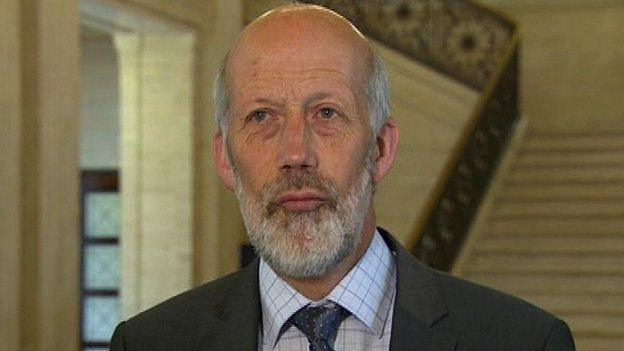
The High Court was told Justice Minister David Ford has no power to unilaterally change Northern Ireland's abortion laws
Justice Minister David Ford has no power to unilaterally change Northern Ireland's abortion laws, the High Court has been told.
Judicial review proceedings are being taken by the Northern Ireland Human Rights Commission (NIHRC).
They want to have abortions legalised in cases of rape, incest or serious foetal malformation.
A judge was told the NIHRC's challenge was based on a misconception.
Counsel for the minister said that any proposed changes to the law on termination would be so controversial and cross-cutting that complete Stormont Executive approval would be required.
Tony McGleenan QC said: "The commission have brought this case before the court based on a demand they would know he cannot accede to."
Public consultation by the Department of Justice on amending the criminal law has concluded with a recommendation for new legislation dealing with cases of fatal foetal abnormality.
But with no proposed changes covering pregnancies resulting from sexual crime, the commission has said that the consultation does not go far enough.
Mr McGleenan said that, under the terms of the Northern Ireland Act, any significant, controversial and cross-departmental issues have to go before the full Stormont cabinet.
Contrary
Changing the law on terminations would fall into that category, he said.
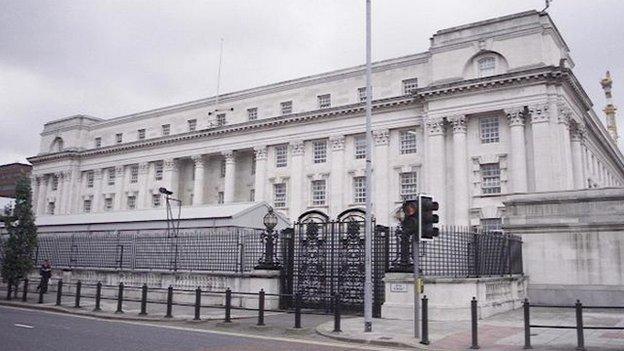
The judicial review is being held at the High Court in Belfast
"The commission, themselves part of the Northern Ireland Act constitutional furniture, are asking the minister to act in a manner that is contrary to the very same act," the barrister said.
"The complaint here is the minister should have changed the law unilaterally. I say he can't do that."
Critical
Northern Ireland's Attorney General John Larkin QC, who is the chief legal adviser to the Stormont Executive, criticised the NIHRC for bringing forward the legal challenge without a victim or adequate authority.
He has been highly critical of a legal bid to alter local abortion laws.
Mr Larkin was speaking during the second day of the judicial review at Belfast High Court.
He told the court that "the commission simply does not get off the ground as far as this application is concerned".
Unlike other parts of the UK, terminations are currently only legal in Northern Ireland to protect the woman's life or if there is a risk of permanent and serious damage to her mental or physical health.
On Monday, a lawyer for the NIHRC cited figures showing 802 women and girls from Northern Ireland travelled to England and Wales for abortions in 2013.
Five of those were aged under 16, the court heard. Two years earlier 19 girls in that age group made the trip.
The High Court judicial review will take submissions from both pro-choice and anti-abortion campaigners and will last for at least three days.
- Published15 June 2015
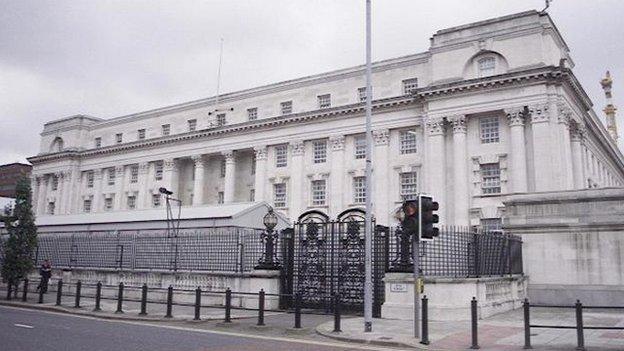
- Published1 May 2015
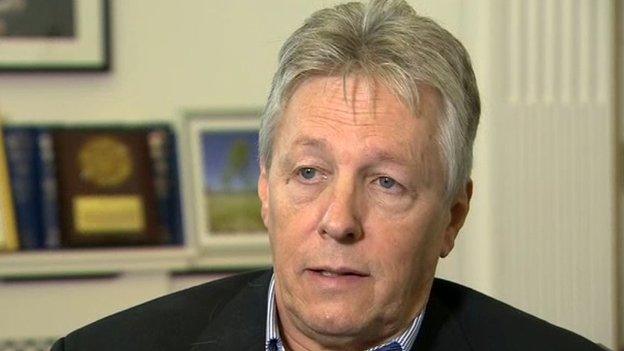
- Published3 June 2015
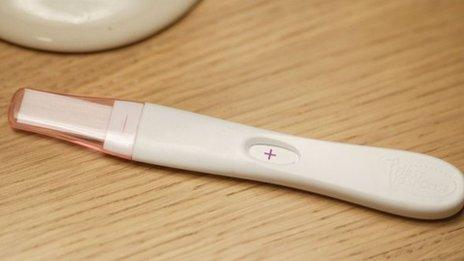
- Published16 April 2015
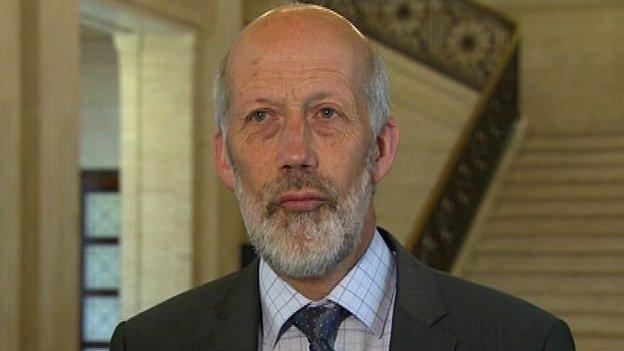
- Published2 February 2015
